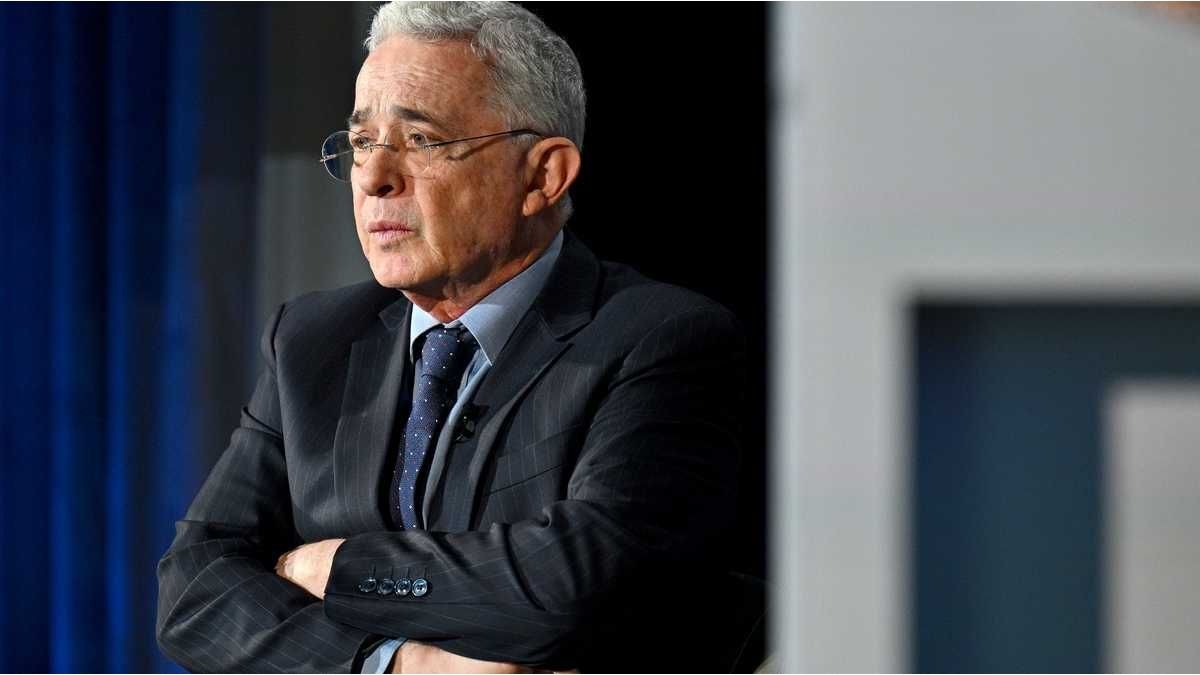The need for apartments in Germany is great. But the federal government has again missed its target for new construction – despite a surprising increase in 2022. What are the prospects for this year?
For the time being, there is no improvement in sight for the housing shortage in Germany: the original target of the federal government of 400,000 new apartments per year remains clearly out of reach, despite a slight increase. Despite high construction prices, scarce materials and increased interest rates, 295,300 apartments were completed in 2022 – 0.6 percent more than in 2021, as the Federal Statistical Office announced in Wiesbaden on Tuesday. Economists warn of bleak prospects for new construction and social consequences – because the need for housing remains high due to the immigration of war refugees from Ukraine.
The construction industry expects a maximum of 250,000 completed apartments this year. Trade unions again demanded a multi-billion dollar special fund for housing construction. Federal Building Minister Klara Geywitz (SPD) announced that a new subsidy program would boost the construction of single-family homes. She rated the slight increase in the number of newly built apartments in the past year as positive. “The construction remains stable even in the crisis,” said Geywitz.
Horror scenario has not materialized for the time being
The construction and housing industry had repeatedly warned of a slump in new construction – this horror scenario did not materialize for the time being. Despite the slight increase, the numbers are “no reason to celebrate,” said Sebastian Dullien, scientific director of the Institute for Macroeconomics and Business Cycle Research at the Hans Böckler Foundation. The fact that the construction target was missed is “all the more tragic as the number of completed apartments is likely to decrease in the coming years – mainly due to the recent massive rise in interest rates”.
In the coalition agreement, the traffic light coalition had aimed for the construction of 400,000 new apartments per year, 100,000 of them social housing, but this goal was also dropped because of the consequences of the Ukraine war.
Many construction projects came to a standstill last year due to a shortage of skilled workers and bottlenecks in the supply of building materials. At the end of the year, the number of apartments that had been approved but had not yet been completed was 884,800. That was 38,400 more than in 2021. A good half of these were under construction. The increase in construction backlog since 2008 has thus continued. The average time from approval to completion has increased by about two months since the disruption of global supply chains by the corona pandemic – from 20 months in 2020 to 22 months last year, the statisticians said.
Dullien: Building permits collapsed by almost 30 percent
In Dullien’s opinion, however, the major construction transition will hardly be enough to lead to a sustained increase in production figures in the coming years. The number of building permits fell by almost 30 percent in March. It is also possible that construction projects will be canceled and orders canceled or permits will expire.
“The truth is that almost everything that was still under construction was completed,” said the general manager of the construction industry association HDB, Tim-Oliver Müller. “That cushion is now gone.” With an expected decline in production figures to 250,000, the housing shortage in the metropolitan areas will be cemented. Even in 2024 there is hardly any improvement in sight. The German Construction Industry Association (ZDB) expects around 245,000 apartments to be completed this year. “More and more people are living in Germany, but housing construction is not keeping pace,” said ZDB President Reinhard Quast.
In fact, the new building is under pressure from all sides. Because of the rise in interest rates, many builders are holding back on projects or canceling them – from private house builders to large investors. The Ifo Institute has been observing a wave of cancellations in residential construction for months. In February, 14.3 percent of the companies surveyed reported this. Between 2012 and 2019, the value never exceeded 3 percent. At the same time, craftsmen are still in short supply and construction prices have risen rapidly. On top of that, the federal government has lowered the state subsidy for new construction and increased the energy requirements.
Expensive loans
Another argument against a recovery in construction is that the demand for housing loans is down – many people do not want to or cannot afford to own property with more expensive loans. According to the Association of German Pfandbrief Banks, new business in the first quarter fell by almost half compared to the record quarter of the previous year.
For many families, the dream of owning their own home has burst because of the higher interest rates, Geywitz said on Tuesday. The federal government wants to help. As of June 1, families with an income of up to 60,000 euros should be able to get low-interest loans from the state development bank KfW, said the SPD politician. The specific conditions are to be announced in the coming week.
More social housing required
“The failure to meet the housing construction targets is all the more dramatic given that the need for housing in Germany has increased again as a result of the admission of Ukrainian war refugees,” says economist Dullien. The Central Real Estate Committee estimated that by 2025 there would be a shortage of around 700,000 apartments in Germany. The federal government must massively promote public housing.
IG BAU is also calling for more money. The state should take 72 billion euros by 2025, said union boss Robert Feiger. 50 billion of this should flow into the construction of social housing as a special fund. “Only then can it work to build 100,000 social housing units per year.” In addition, there must be 22 billion euros for affordable housing. “The crash in housing construction – Federal Minister of Finance Lindner must not take this risk.”
Source: Stern




